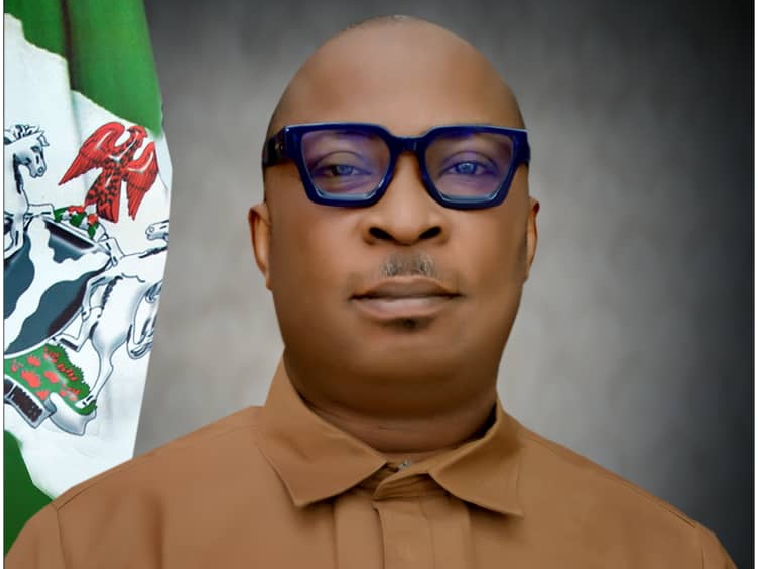Former Acting National President of the Association of Nigerian Licensed Customs Agents (ANLCA), Dr. Kayode Collins Farinto has called on the Central Bank of Nigeria (CBN) to adopt a predictive exchange rate workable for a period of minimum of two quarters.
Dr. Farinto who is the Chief Executive Officer , Wealthy Honey Investment Nigeria Limited stated that the move would help the Nigeria’s port industry from declining further.
In a statement on Monday ,the ANLCA chieftain averred that such adoption would stabilise import and affirm confidence in importation knowing fully well that whatever the situation, the exchange adopted is constant to a dollar.
His words, “Thus, one would have expected the Central Bank of Nigeria, in order to save our ports industry and importation from declining to have a predictive exchange rate workable for a period of minimum of two quarters.
“For instance, we can adopt from January – June, an exchange rate of #1000=$1 for customs purposes/cargo clearance. This will stabilize our import and affirm confidence on our importation knowing fully well that, whatever the situation, the exchange adopted is one Thousand naira to a Dollar. If there is need for an increase, it will be obvious to all and there would have been sensitization from the 2nd week of June, for any increase.
“So also, her revised regulatory and supervisory guidelines for Bureau de Change operations in Nigeria, will only empower the cartel known to the Central Bank herself to continue to determine the future of our economy by way of hoarding and making the dollar available whenever they feel so.
” If there must be sanity in our economy and also move us away from these group of Neo-colonialists, then the Central Bank should overhaul her entire system, particularly, the department saddled with this responsibility.”
- Advertisement -
Similarly, the foremost freight agent commended t efforts of the federal government and the National Assembly for painstakingly addressing fluctuation in the Customs exchange rate in the port in the last three weeks.
Farinto , a former National Publicity Secretary of ANLCA, stated that:“I want to commend the Federal Government, National Assembly; the Senate and House of Representatives for their efforts painstakingly in the last three weeks to address the fluctuating exchange rate as regards Customs clearance in the ports. You have shown that you are indeed the people’s representatives.
“However, it is pertinent to mention that the advice given to the Central Bank of Nigeria (CBN) to implement a predictive exchange rate on a quarterly basis has been jettisoned and was not considered in her policy statement released on Friday.
“Her decision to advice that the Nigeria Customs Service and other related parties adopt the closing foreign exchange rate on the date of opening Form “M” for the Importation of goods, as the Foreign exchange rate to be used for import duty assessment is a step in the right direction, kudos to the new leadership of the CBN for the directive on Form “M” which should be the NORM, not necessarily an INTERVENTION or SOLUTION but conforming to the international best practices.
Farinto recalled that, in the last one decade we have been clamouring that the foreign exchange rate at the time of opening Form “M” ought to be sacrosanct for Import duty collection at the time of clearance. The Central Bank of Nigeria directive will help the Nigeria Customs Service from lazy benchmarking, which she has resorted to in the last few years and not a solution to the fluctuating exchange rate.
“Some of the CBN staff and senior officers are part of the cartel killing the Naira.
“Finally, the issue of NXP should be put in the front burner by the Central Bank. The National Assembly has endeavoured recently to ensure that all our exports comply with having NXP but its implementation has been shaking and weak. Forty-five percent (45%) of our exports are still conducted without NXP, how can Naira be strengthened? I urge the CBN to expressly look at the above issues mentioned.
“While advising the trading community to play the ball according to the rules of the game, let us remember that just last week, about five developed countries slide into Economic Recession, Nigeria being an import dependant country, can only try to ensure that our purchasing power is maintained, if not increased.”




Comments are closed.